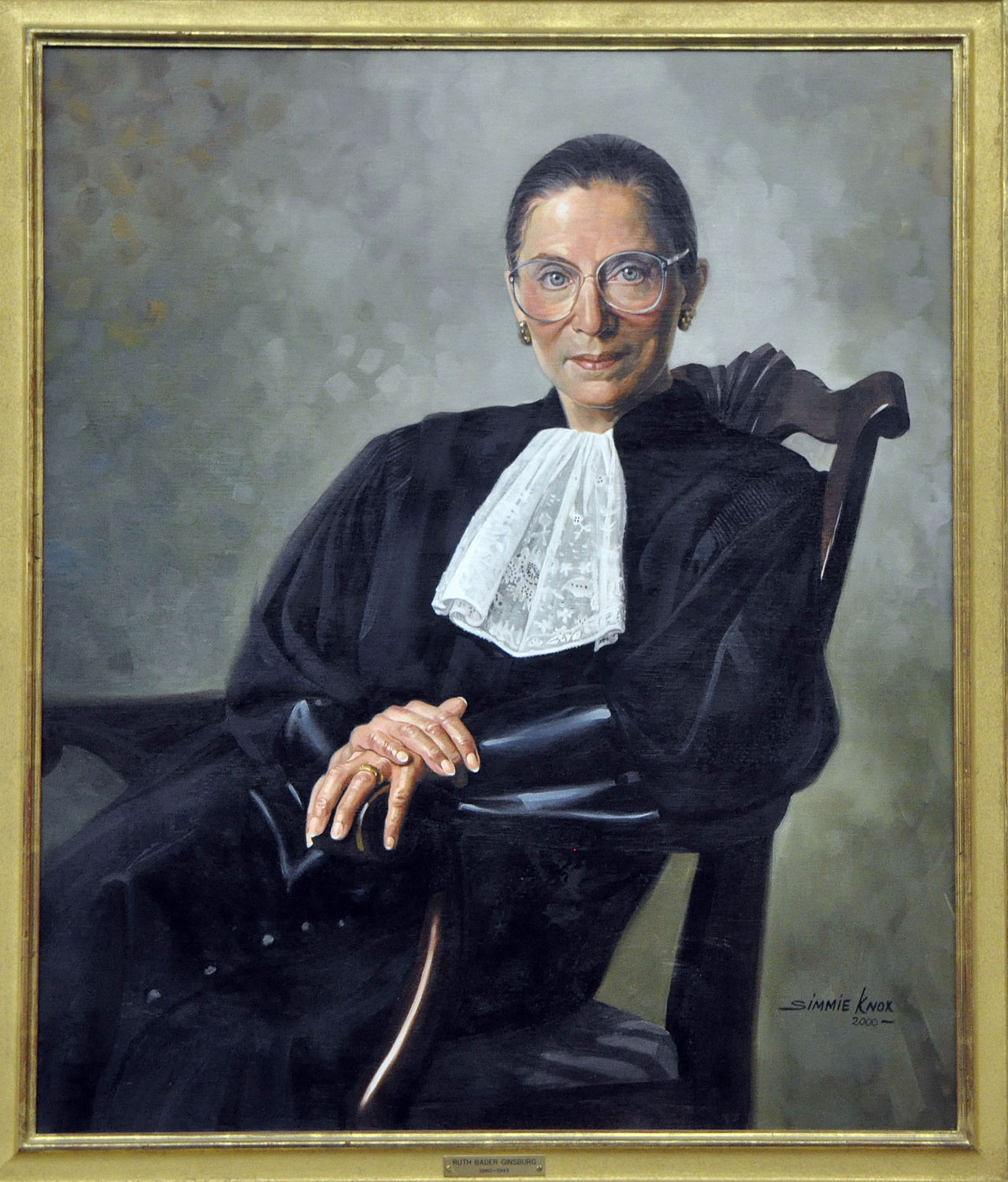 Today is the fourth anniversary of the commencement of the Department of Justice’s current review of Ireland’s defamation laws. Earlier this week, a newspaper leader and a blogpost provided updates on where we are on our slow boat to defamation reform. The Defamation Act, 2009 (also here) passed all stages in the Oireachtas on 9 July 2009; it was signed into law by the President on 23 July 2009; and it – eventually – entered into force on 1 January 2010. Section 5 of the Act provides that the Minister for Justice had to commence a review of its application within 5 years after the passing of the Act, and had to complete that review within a year. 2014 and 2015 came and went, and no review had commended by 9 July 2014, 23 July 2014, or 1 January 2015. Eventually, four years ago today, on 1 November 2016, the Department of Justice commenced a review of the Act, and launched a consultation process to inform the review. The submissions are available here (my thoughts are here). Having started a few years late, it was too much to hope that it would be completed within a year.…
Today is the fourth anniversary of the commencement of the Department of Justice’s current review of Ireland’s defamation laws. Earlier this week, a newspaper leader and a blogpost provided updates on where we are on our slow boat to defamation reform. The Defamation Act, 2009 (also here) passed all stages in the Oireachtas on 9 July 2009; it was signed into law by the President on 23 July 2009; and it – eventually – entered into force on 1 January 2010. Section 5 of the Act provides that the Minister for Justice had to commence a review of its application within 5 years after the passing of the Act, and had to complete that review within a year. 2014 and 2015 came and went, and no review had commended by 9 July 2014, 23 July 2014, or 1 January 2015. Eventually, four years ago today, on 1 November 2016, the Department of Justice commenced a review of the Act, and launched a consultation process to inform the review. The submissions are available here (my thoughts are here). Having started a few years late, it was too much to hope that it would be completed within a year.…
Author: Eoin
Defamation, the Galapagos Islands Division of the law of torts
 Discussing themes in the law of Tort in (2007) 81 Australian Law Journal 609, 615 (via StuDoc), Mr Justice David Ipp (pictured left), then a judge of the Supreme Court of Western Australia and later a judge of the Court of Appeal of New South Wales, described the law of defamation as “the Galapagos Islands Division of the law of torts”:
Discussing themes in the law of Tort in (2007) 81 Australian Law Journal 609, 615 (via StuDoc), Mr Justice David Ipp (pictured left), then a judge of the Supreme Court of Western Australia and later a judge of the Court of Appeal of New South Wales, described the law of defamation as “the Galapagos Islands Division of the law of torts”:
The tort of defamation has evolved all on its own and has created legal forms and practices unknown anywhere else. It has evolved its own dialect and adopted esoteric customs. It thrives, for example, on distinctions between inferences upon inferences, on the one hand, and inferences upon implications on the other, and between contextual and common or garden imputations. Defamation law is devoted to jury decisions even though this devotion causes delay and additional costs and the role of the jury keeps changing. Pleadings in defamation actions are as complex, as pedantic and as technical as anything known to Dickens. Interlocutory disputes continue to beset plaintiffs and there are often massive delays in getting defamation cases to trial. Damages seem out of proportion to damages awards in other categories of cases.
The words are certainly true of Ireland now, even if they may have been “hyperbole” which gave “insufficient credit to the landmark uniform defamation laws” then recently enacted in Australia (Hemming (2009) 11 University of Notre Dame Australia Law Review 84 (pdf).…
Ar dheis Dé go raibh a h-anam dilís
Striking the balance of the constitutional protections of free speech and good name in Irish defamation cases – corrected, revised, and updated
 1. Balancing competing rights
1. Balancing competing rights
Irish defamation cases are increasingly replete with comments stating the need to balance the constitutional right to freedom of expression with the constitutional right to a good name. Article 40.6.1(i) of the Constitution protects “right of the citizens to express freely their convictions and opinions”; whilst Article 40.3.2 provides that the “State shall … by its laws protect as best it may from unjust attack and, in the case of injustice done, vindicate the … good name … of every citizen”. Recent cases citing these rights together include Watson v Campos [2016] IEHC 18 (14 January 2016) [28] (Barrett J); Rooney v Shell E&P Ireland [2017] IEHC 63 (20 January 2017) [31]-[32] (Ní Raifeartaigh J); Ryanair v Channel 4 Television [2017] IEHC 651 (05 October 2017) [49]-[52] (Meenan J).
The language of balancing of competing constitutional rights is longstanding and widespread, in Ireland and elsewhere; and it is deployed in these cases to foreclose an a priori outcome where one right is automatically favoured over the other. Irish constitutional law does indeed subscribe to a hierarchy of rights in some cases (see, eg, People (DPP) v Shaw [1982] IR 1, 63 (Kenny J)); but that is usually unprincipled and largely unworkable (see, eg, Attorney General v X [1992] 1 IR 1, [1992] IESC 1 (5 March 1992) [138]-[139] (McCarthy J), [184] (Egan J); Sunday Newspapers Ltd v Gilchrist and Rogers [2017] IESC 18 (23 March 2017) [36] (O’Donnell J; Denham CJ, Clarke, MacMenamin and Dunne JJ concurring)); [update] indeed, it has been rejected where freedom of expression has been balanced against the right to a fair trial (DPP v Independent News and Media plc [2017] IECA 333 (21 December 2017) [13]-[14] (Edwards J) (Finlay-Geoghegan J concurring) (applying Gilchrist)) [/update]; and it has not been deployed at all in defamation cases when freedom of expression competes with the right to a good name.…
Finders are not keepers. If money is just resting in your account, and even if you have no idea how it got there, you can’t keep it – you have to make restitution of the mistaken payment or run the risk of prosecution for theft
 In the classic comedy television series Father Ted (Channel 4 | IMDB), the title character, Fr Ted Crilly (pictured left, as portrayed by actor Dermot Morgan) often claimed “That money was just resting in my account!”. We learn early in the first series that Ted was exiled to Craggy Island for stealing money intended to send a child to Lourdes and using it for a trip to Las Vegas (S1E3). In various subsequent episodes (S1E6; S2E4; S2E6; S3E8) he claims that the money was just resting in his account. I was reminded of this by an article (sub req’d) by Fiona Ferguson currently on the front page of Courts News Ireland:
In the classic comedy television series Father Ted (Channel 4 | IMDB), the title character, Fr Ted Crilly (pictured left, as portrayed by actor Dermot Morgan) often claimed “That money was just resting in my account!”. We learn early in the first series that Ted was exiled to Craggy Island for stealing money intended to send a child to Lourdes and using it for a trip to Las Vegas (S1E3). In various subsequent episodes (S1E6; S2E4; S2E6; S3E8) he claims that the money was just resting in his account. I was reminded of this by an article (sub req’d) by Fiona Ferguson currently on the front page of Courts News Ireland:
…Man claimed he ‘found’ €17k of fraud cash in his bank account
A Malawian man charged with money laundering who told gardai that he found €17,000 in his bank account when checking to see if his wages had been paid has avoided a jail term.
John Carlos (32) used some of the money to pay his college fees before transferring €12,000 to a savings account. He then contacted the bank to alert them to the €17,000 and the transfer he had made.
Neither a pretty face nor a beautiful game — of football pitches, data protection impact assessments, artificial intelligence, facial recognition, and closed-circuit television surveillance
 I read this morning that, in a wide-ranging letter to Congress on racial justice reform, IBM CEO Arvind Krishna wrote that IBM will no longer offer “general purpose facial recognition or analysis software”. Of course, “general purpose” is doing a lot of work in that sentence. But let’s see where it goes. [Update]: two days later, Amazon followed with a one-year moratorium on police use of their facial recognition technology, to give Congress enough time to implement appropriate rules. Again, let’s see where this goes.[End update]
I read this morning that, in a wide-ranging letter to Congress on racial justice reform, IBM CEO Arvind Krishna wrote that IBM will no longer offer “general purpose facial recognition or analysis software”. Of course, “general purpose” is doing a lot of work in that sentence. But let’s see where it goes. [Update]: two days later, Amazon followed with a one-year moratorium on police use of their facial recognition technology, to give Congress enough time to implement appropriate rules. Again, let’s see where this goes.[End update]
These developments reminded me of a recent local story about Dublin City Council. Not content with seeking to post freeze-frame closed-circuit television (CCTV) images of people dumping their rubbish in litter black-spots, in the hope of shaming them or others into desisting from doing so in the future, now they want CCTV cameras with facial-recognition capabilities. Nearly three months ago (in the world just before lockdown) Sean Finnan reported in the Dublin Inquirer [with added links]:
…Council Installed Cameras with Facial Recognition on Football Pitch
Before the refurbishment of the football pitch at Bluebell Road in the west of the city, it was an anti-social blackspot, says Michael O’Shea, chairman of Inchicore Athletic FC.
Principles for legislators on the implementation of new technologies

A few weeks ago, I was proud to be a signatory to an open letter (available here and here), from the Irish Council for Civil Liberties (ICCL), Digital Rights Ireland (DRI), and several scientists, data protection experts, and academics, warning that experts and the public need to see details of the Government’s planned contact tracing app. By way of follow-up, ICCL, DRI and others have drafted principles for legislators on the implementation of new technologies. These principles seek to frame positive engagement with Government and legislators on the implementation of technologies developed in-house or in partnership with third parties, such as Covid-19 contact-tracing apps. The principles (pdf; via here) are set out below; and, once again, I am proud to be a signatory.
Principles for legislators on the implementation of new technologies
The Irish Government and Irish legislators must not abandon their legal responsibilities to ensure any tech solution deployed as part of public policies is developed with human rights at the front and centre, and has robust privacy protections.
In a democracy, any technology developed by a government or in partnership with third parties, will need to have the trust and consent of the population to work effectively.…
Happy birthday, GDPR

Article 99(2) of Regulation (EU) 2016/679 of the European Parliament and of the Council of 27 April 2016 on the protection of natural persons with regard to the processing of personal data and on the free movement of such data, and repealing Directive 95/46/EC (General Data Protection Regulation) provides:
It shall apply from 25 May 2018.
Bonus (1): From the Discworld & Terry Pratchett Wiki:
Glorious Revolution
Truth, Justice, Freedom, Reasonably Priced Love, and a Hard-Boiled Egg!
 The People’s Revolution of the Glorious Twenty-Fifth of May is depicted in Night Watch. … A few streets around Treacle Mine Road were barricaded at first. Soon more people started barricading streets, barricades were moved forward and merged together, covering at least a quarter of the city – including the food industry. The resulting area was called The People’s Republic of Treacle Mine Road. …
The People’s Revolution of the Glorious Twenty-Fifth of May is depicted in Night Watch. … A few streets around Treacle Mine Road were barricaded at first. Soon more people started barricading streets, barricades were moved forward and merged together, covering at least a quarter of the city – including the food industry. The resulting area was called The People’s Republic of Treacle Mine Road. …
Following Terry’s announcement about Alzheimer, calls have been made to wear lilac on the 25th of May as a tribute, and to raise money for Alzheimer research. …
May 25th is also national Geek Pride Day and Towel Day, a day in honour of Douglas Adams. This has led to some fans having to choose between the two, until someone came up with the lilac towel [additional link; possible source].…

